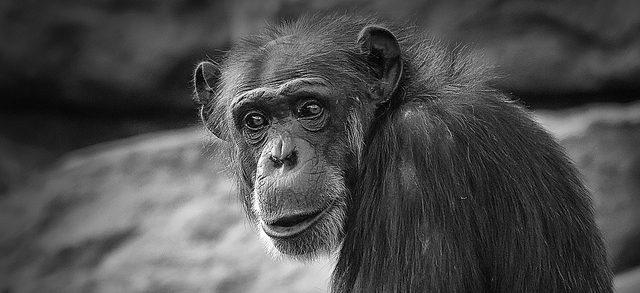Podcast: Play in new window

BOB HIRSHON (host):
A behavior-changing parasite. I’m Bob Hirshon and this is Science Update.
Toxoplasma gondii is a brain parasite that can live in most mammals, but sexually reproduce only in cats. Remarkably, if it’s stuck in a mouse, it changes the mouse brain to make it attracted to cats. So, cat catches mouse; Toxoplasma’s back in a cat. Up to half of all humans carry Toxoplasma—if it affects mouse behavior, could it affect ours? Marie Charpentier at the CNRS Institute in France looked at infected chimpanzees for clues. In the journal Current Biology, she and her colleagues report marking trails with the urine of leopards, which prey on chimps.
MARIE CHARPENTIER (CNRS, France):
Infected chimpanzees were more attracted by the urine from their natural predators.
HIRSHON:
The finding that it can make our fellow primates, the chimps attracted to leopards makes the possibility that it affects human behavior more plausible. I’m Bob Hirshon, for AAAS, the science society.
